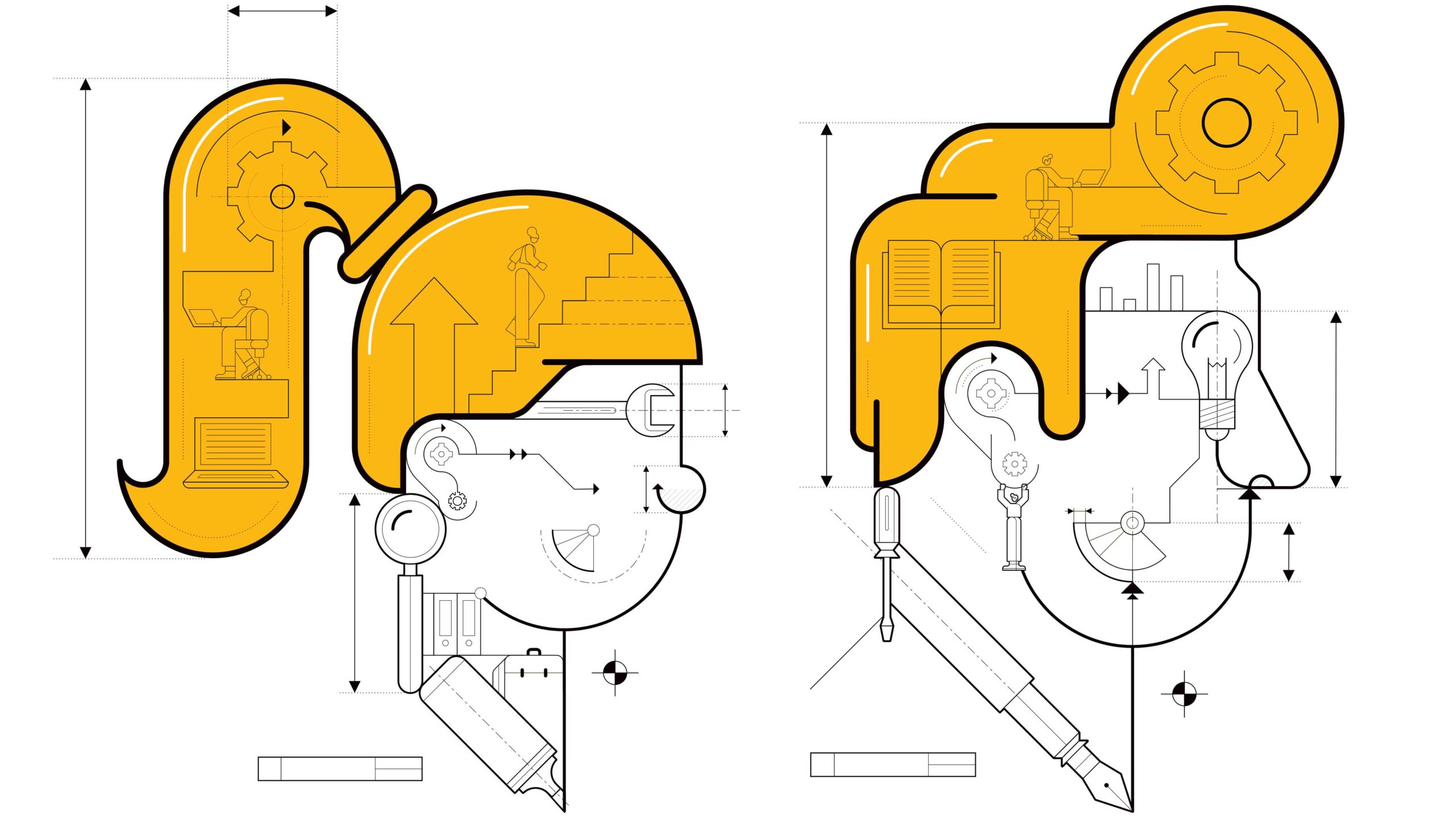Idea in Brief
The Problem
Many jobs are inaccessible to workers who have the skills and aptitude to succeed at them—but not the four-year degree that employers often require. This situation is hurting workers, companies, and society as a whole.
The Faulty Mindset
Some hiring managers think that a bachelor’s degree serves as a good proxy for capabilities such as collaborating well, taking initiative, and thinking critically. There’s virtually no evidence to support that notion.
The Solution
A skills-based (rather than a degree-based) approach to hiring, promotion, and development offers companies a powerful means of meeting their staffing needs, advancing overlooked talent, and increasing racial and socioeconomic diversity.

